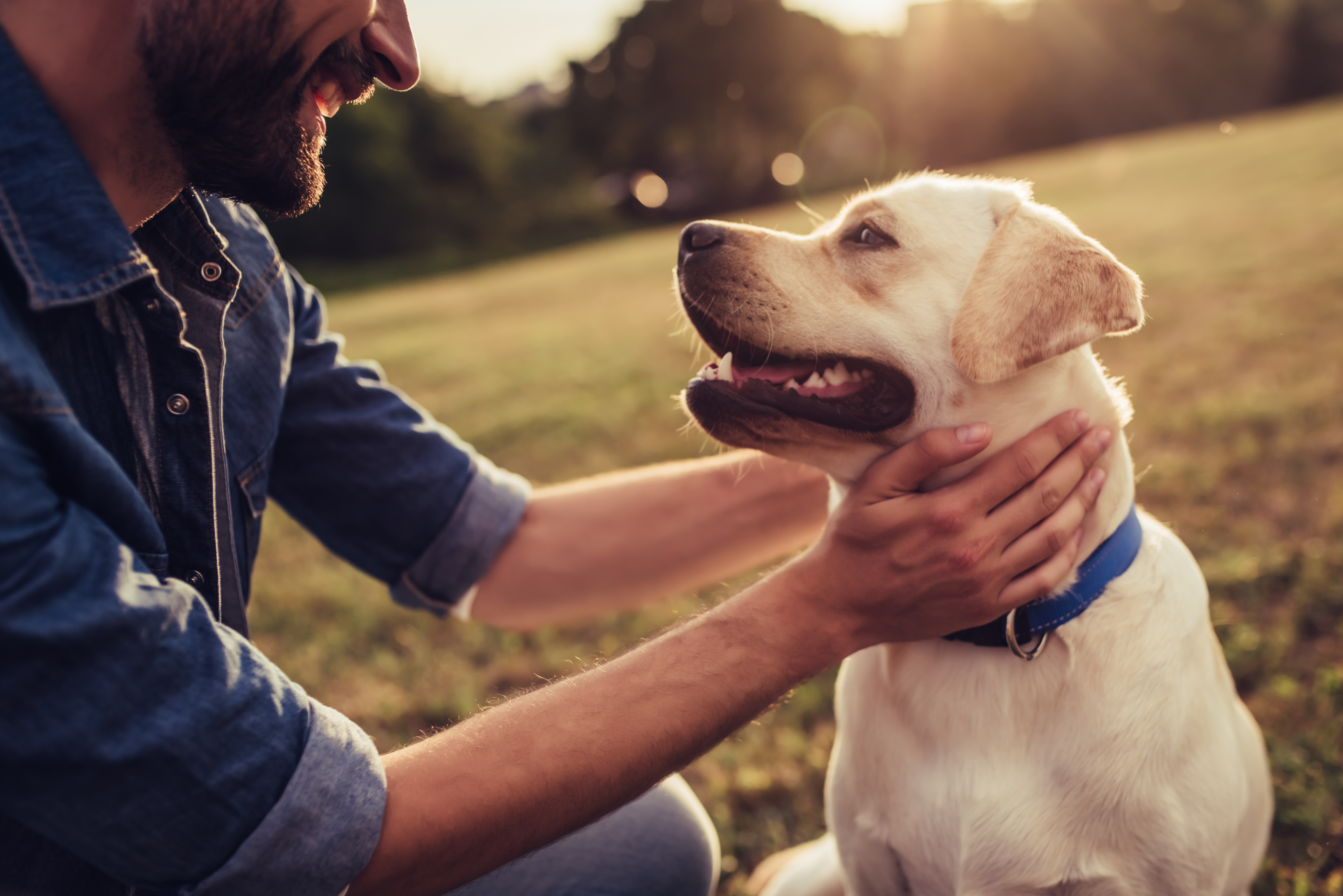Helping You Cope With The Loss Of Your Pet
We know how hard it can be to cope with the loss of your pet. It takes time, but there are some steps you can take to help you.

We know how hard it can be to cope with the loss of your pet. It takes time, but there are some steps you can take to help you.
Coping with the loss of a pet is an emotional and difficult experience for any pet owner.
It’s important to understand that it’s completely normal to grieve in the same way you would a person. After all, they spent their lifetime giving you love, laughter and joy.
Everybody handles the emotions of losing a pet differently, and this guide aims to give you some advice and coping mechanisms to help you during this difficult time. Remember, the grieving process only happens gradually - it can’t be forced or hurried - so be patient and allow yourself to let go naturally.
Our caring team is always there to help you and your family, so please don’t be afraid to speak to us for advice and support.

Expressing your feelings through a diary is a good way to process your loss and come to terms with the situation.
It can also help you remember the good times you shared with your pet, creating a unique book of memories that you can treasure.
Writing your feelings down can also be a good option for owners who struggle expressing them out loud.
Celebrating your pet’s life with a ceremony is often one of the first steps to a healthy healing process.
A funeral offers you closure, and it’s a good way to gather your friends and family who also shared great memories with your pet to support you.

Memorials are a thoughtful way to remember and celebrate your pet’s life. You could create a scrapbook full of your favourite photos, or plant a tree or flowers in your garden to remember them.
Other ways you can remember your pet include creating a plaque or having their name engraved on a keepsake, such as jewellery or a photo frame.
Seek comfort in others who understand your grief and talk to them about how you’re feeling and the memories you have.
Just being able to sit with a cup of tea and a friendly, caring friend can help.
The absence of a pet means there could be a gap in your daily routine; for example, you might be used to going for daily walks, or feeding them at certain times of the day.
Try and fill your time with new activities to help take your mind off your grief. This could include a new hobby, catching up with an old friend or visiting new places.
The stress of losing a pet can take up a lot of your energy, so it’s important to look after your physical wellbeing and that of your family.
Remember to eat a healthy diet, get plenty of sleep and exercise regularly; these all help boost your mood too.
If you have another pet, the change in circumstances might affect them too.
They may refuse to eat or drink, or they could suffer from lethargy. Your emotional state will influence their mood, so give them plenty of love and attention, and try and stick to the routine they’re used to.

When the time is right for you and your family to move on, you may consider getting a new pet.
Your new pet will never replace the one you’ve lost, and every animal is different, so take time to embrace and welcome your new family member.
We understand how difficult it can be to lose a pet, and we’re here to support you every step of the way.
Please don’t be afraid to seek professional help and advice.
Animal Samaritans
www.animalsamaritans.org.uk
0208 303 1859
Association for Pet Loss and Bereavement
www.aplb.org
Blue Cross
www.bluecross.org.uk/pet-bereavement-support
0800 096 6606
Cats Protection - Paws to Listen
www.cats.org.uk/grief
0800 024 94 94
Compassion Understood
www.compassionunderstood.com
The Ralph Site
www.theralphsite.com
For more information about pet bereavement support, please don’t hesitate to speak to your local Medivet team.